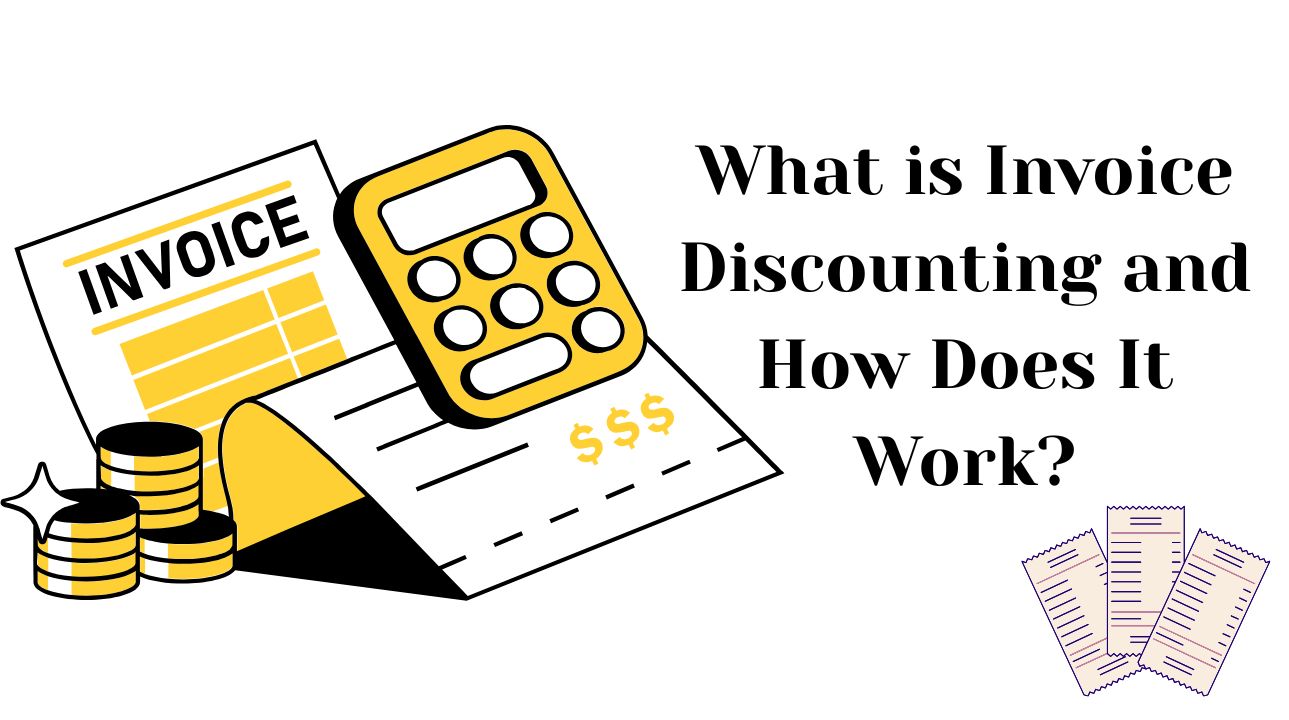Your business needs financial help. You can get that in a simplified manner by using an asset. Your business asset can be your friend on the financial front.
These facts are all the good things you want to know. However, there are things about Asset financing that may not go accordingly to your business needs. Although a tremendously useful financing option, it, too, has its definitive qualities. Not all of these qualities might be of use to you. Or you may need them more than ever. To clear up this confusion and reveal more about asset financing, we have penned this blog down for you. Go through it to learn when you need to borrow it from us or if you’ll look for an alternative.
We Need to Learn about Business Assets First
Business assets are properties owned by a business. It has a financial value (otherwise, it is no asset). Anything that your brand owns that represent a financial value is called an asset. Please note that this value might alter with time. The two kinds of business assets that we need to consider are:
- The first and the most obvious business assets are often termed hard assets. These assets are physical or tangible items directly connected to your work. For example, your dentist’s chair; lights; tools, and high-tech machinery are all physical assets for your dentistry clinic. If you want to use these assets to get credit, then you need to talk to specific dental equipment leasing companies.
- Then comes the soft assets, which are owned things that are not necessarily tangible. Soft assets include your computer antivirus, content, other software, or even an unpaid bill/ invoice. You can use an invoice to look for invoice financing. Here, no hard assets are involved.
What Is Asset Financing Then?
Since you have known about assets, it is now easy for you to understand that asset financing means getting credit for your brand by using the current value of your asset. Let us explain.
You have a used pickup truck and need quick money for your company. You can use this money to own a new pickup truck or invest it in any other purpose. You have to speak with professional asset finance companies to get a loan using the present financial value of the truck you already own.
You can, in fact, use any asset to find a loan. As mentioned in the previous point, a business might as well use its unpaid invoice as an asset to gain a quick loan. The invoice here carries a financial value, and the loan will come equivalent to that value.
Judging it in this light, we can say that asset financing is a mode of secured financing option. The asset you are using is treated as collateral. If you fail to make repayments at the right time, then your lender may take hold of your asset.
You need to get the right lender to find easy loan rates. It helps you keep your repayments on track. This is why employing one of the professional asset finance providers adds a lot of extra help and support. You can tell your loan officer about your financial condition and your borrowing needs. They will get you the right kind of loan at affordable rates.
Pros and Cons of Asset Financing You Must Know
Asset financing is a good way to invest money for your business operations. Whether or not you want to manage emergencies or find a working capital in a promising amount, you can get it with asset financing. However, you need to know where it may not work for you.
Pros of Asset Financing
- You get fixed payments with asset financing. It significantly helps you to find stability on the grounds of making precise payments and organising your finances in this way.
- If the asset you are buying has a high value, then you might not be required to pay huge upfront costs for the loan. It helps you to secure money for your business in weak financial conditions.
- If you find the right professional in the asset finance providers, then they can help you with flexible asset funding. For example, you can get lenders that will allow you to change your asset in the middle of the term if the asset stops working or undergoes a breakdown.
- When considering leasing or hire purchase, you can go for borrowing money irrespective of the industry you are in. It is affirmed that you are going to get credit.
- Without offending other forms of lending, such as bank loans and overdrafts, asset financing is a comparatively easier deal because of low and flexible interest rates.
Cons of Asset Financing
- The obvious con is the secured loan itself. If you, by any chance, cannot pay the loan back or default it, then your asset will be possessed by your lender.
- If you are looking for a short-term loan or credit, then asset financing is not for you.
- Let’s say you want to buy an asset outright. Technically, doing so is cheaper than asset financing because the interest rates added up with your loan repayment will make you pay some extra money.
- Again, if you are using an asset to lease equipment, then you are repaying a loan for something over a long period that you cannot even own. It is still a matter of perspective, though.
- If the damage to the asset is not covered by maintenance or servicing, then your asset finance company or lender may not bear expenses. You have to spend money there from your own funds.
To Conclude
Of course, every coin has two sides. Consider both sides to weigh your benefits. If you do track benefits from asset funding with its cons manageable, then take it out from us. Or else, just go through our product page for alternative business credit. It is even better if you have a word with us. We can help you find the best business loan for you – secured or unsecured.

Gary Weaver is a Senior Content Writer with having an experience of more than 8 years. He has the expertise in covering various aspects of business market in the UK, especially of the lending firms. As being the senior member, he contributes a lot while working at TheBusinessFunds, a reputed business loan broker.
Gary performs the major role of guiding loan aspirants according to their financing needs and also to write research based blogs for the company’s website. Previously, he has worked with many reputed business firms and therefore, he knows every nook and cranny of business financing market of the country. Gary is a post-graduate with having a degree of Masters in English language. He has also done post-graduate diploma in Business and Finance.






